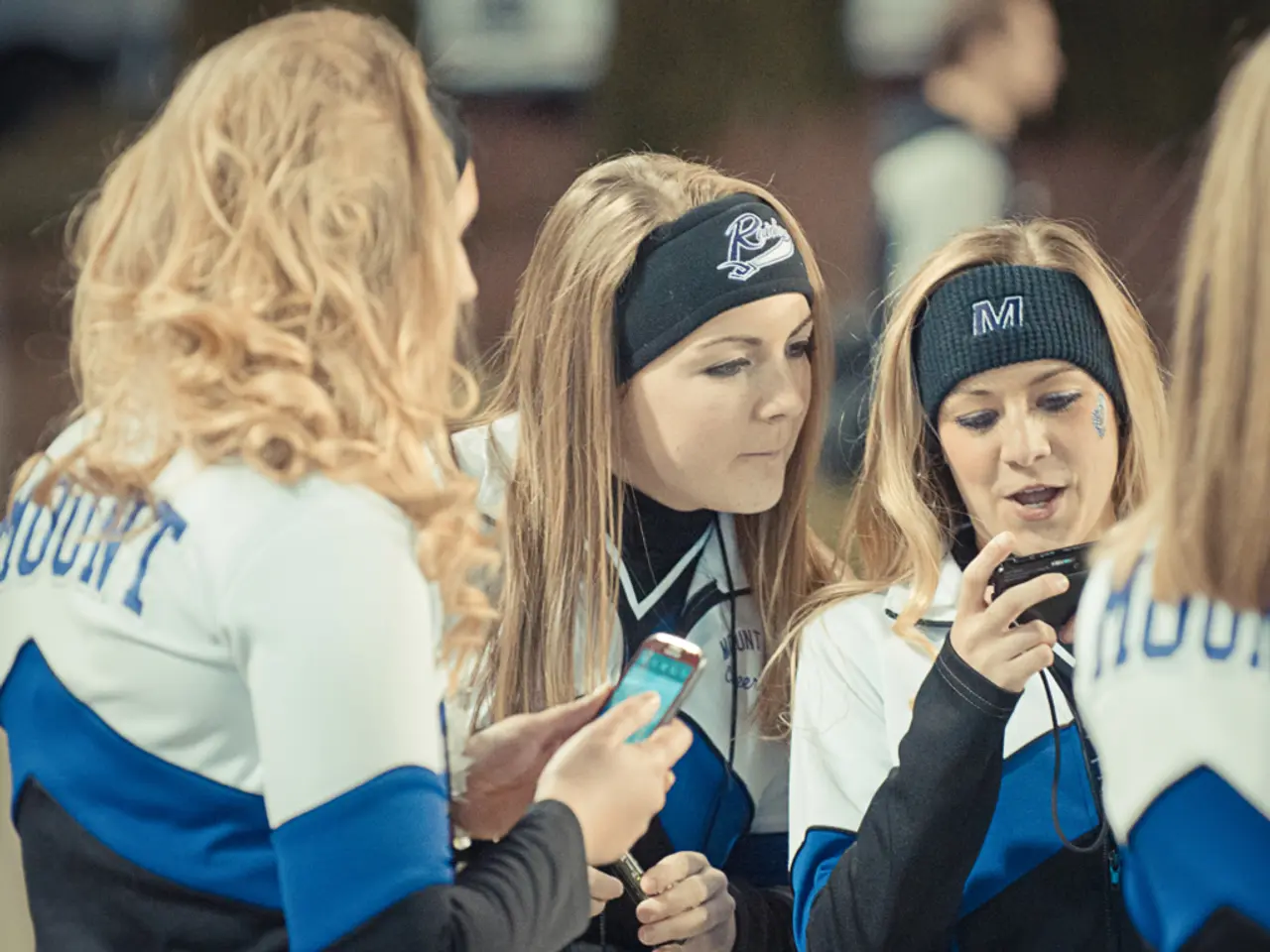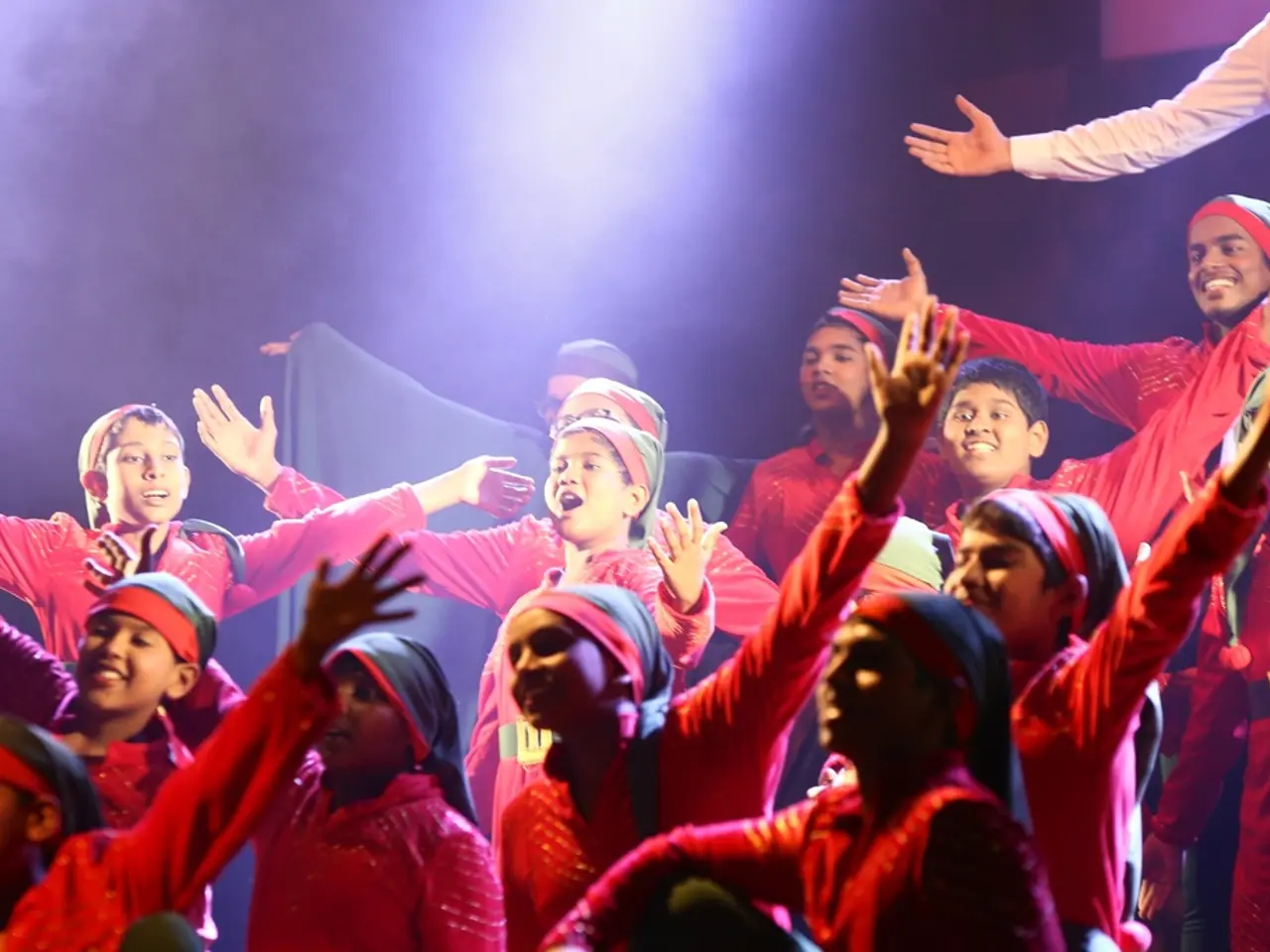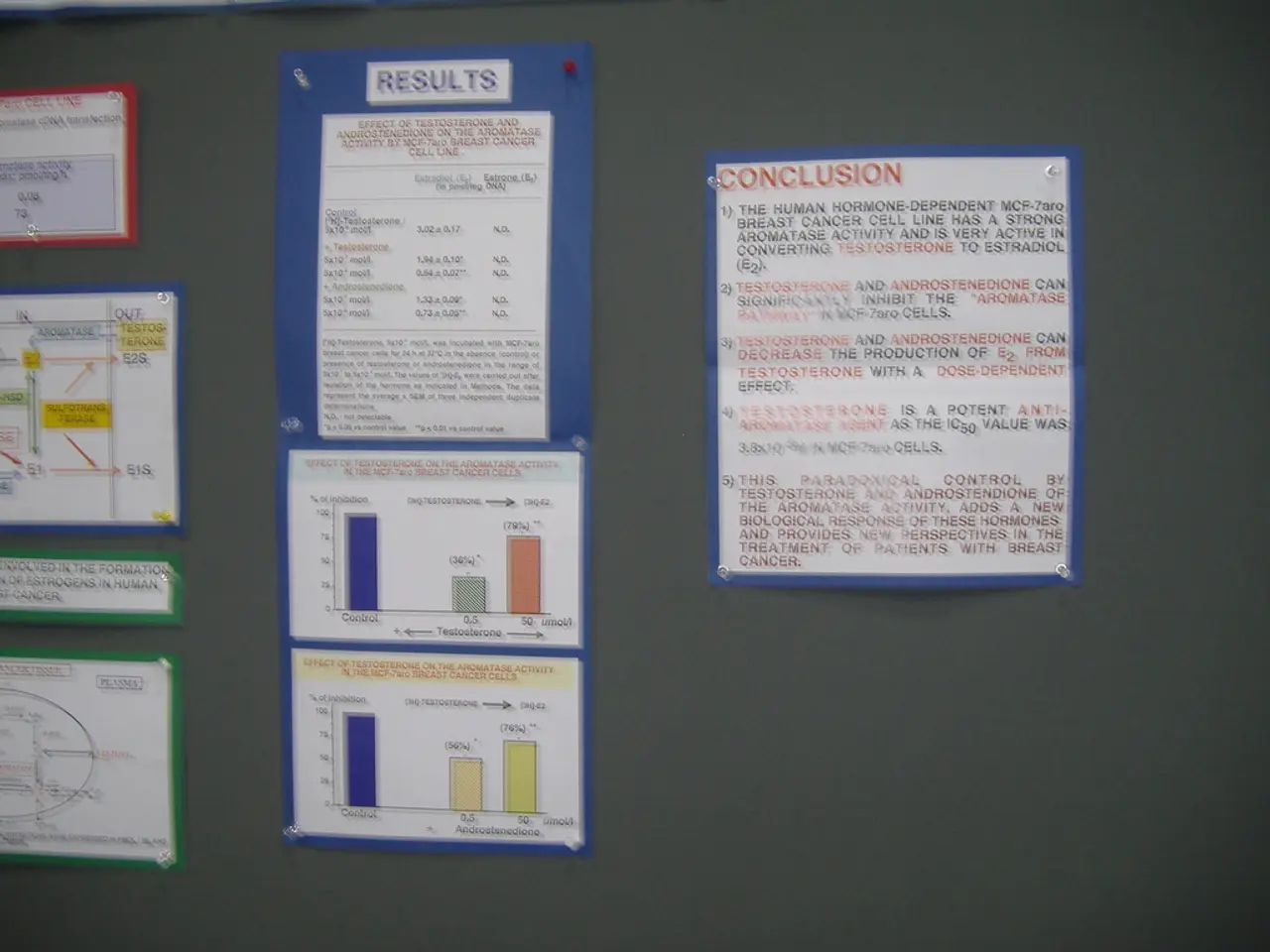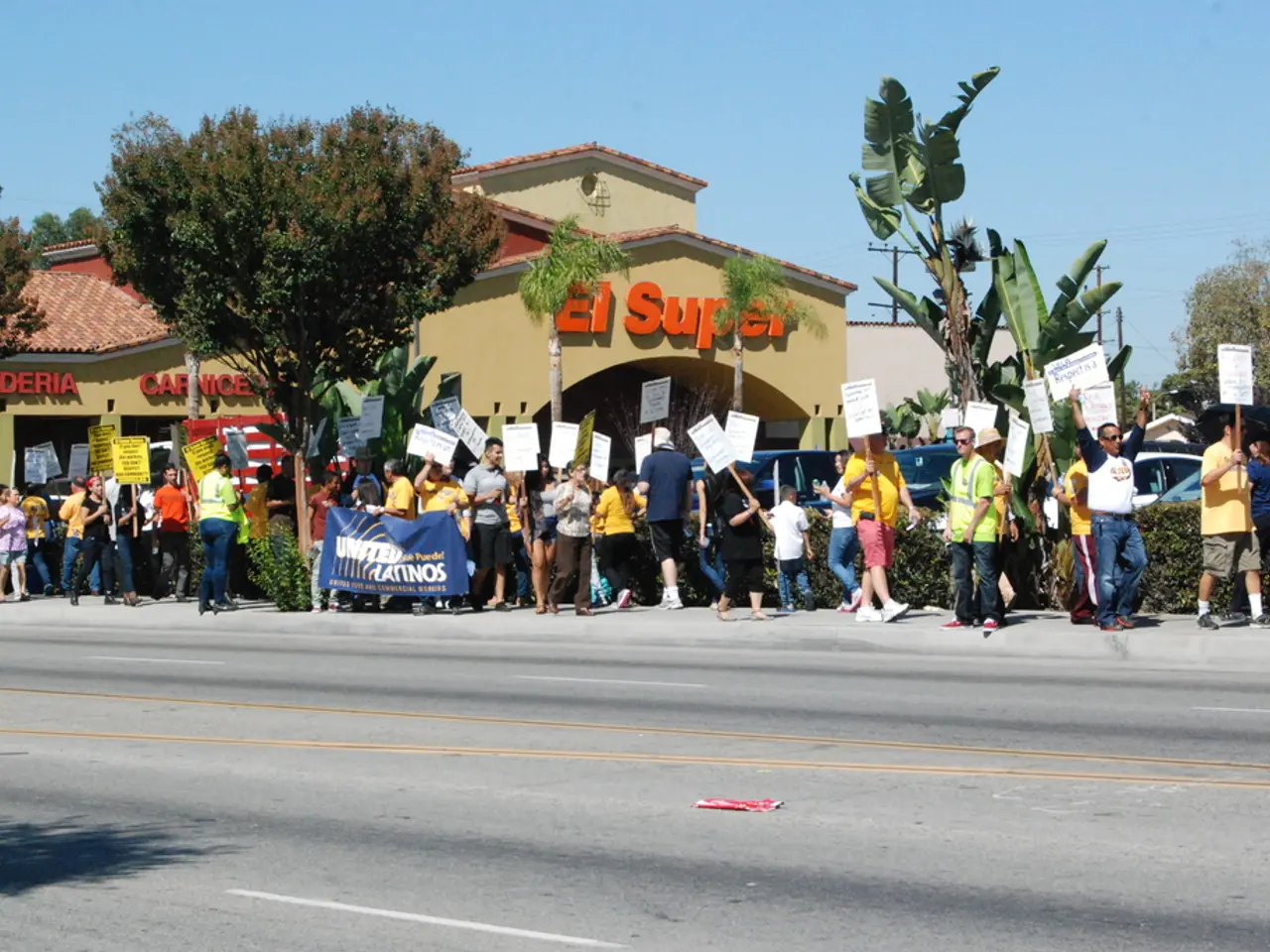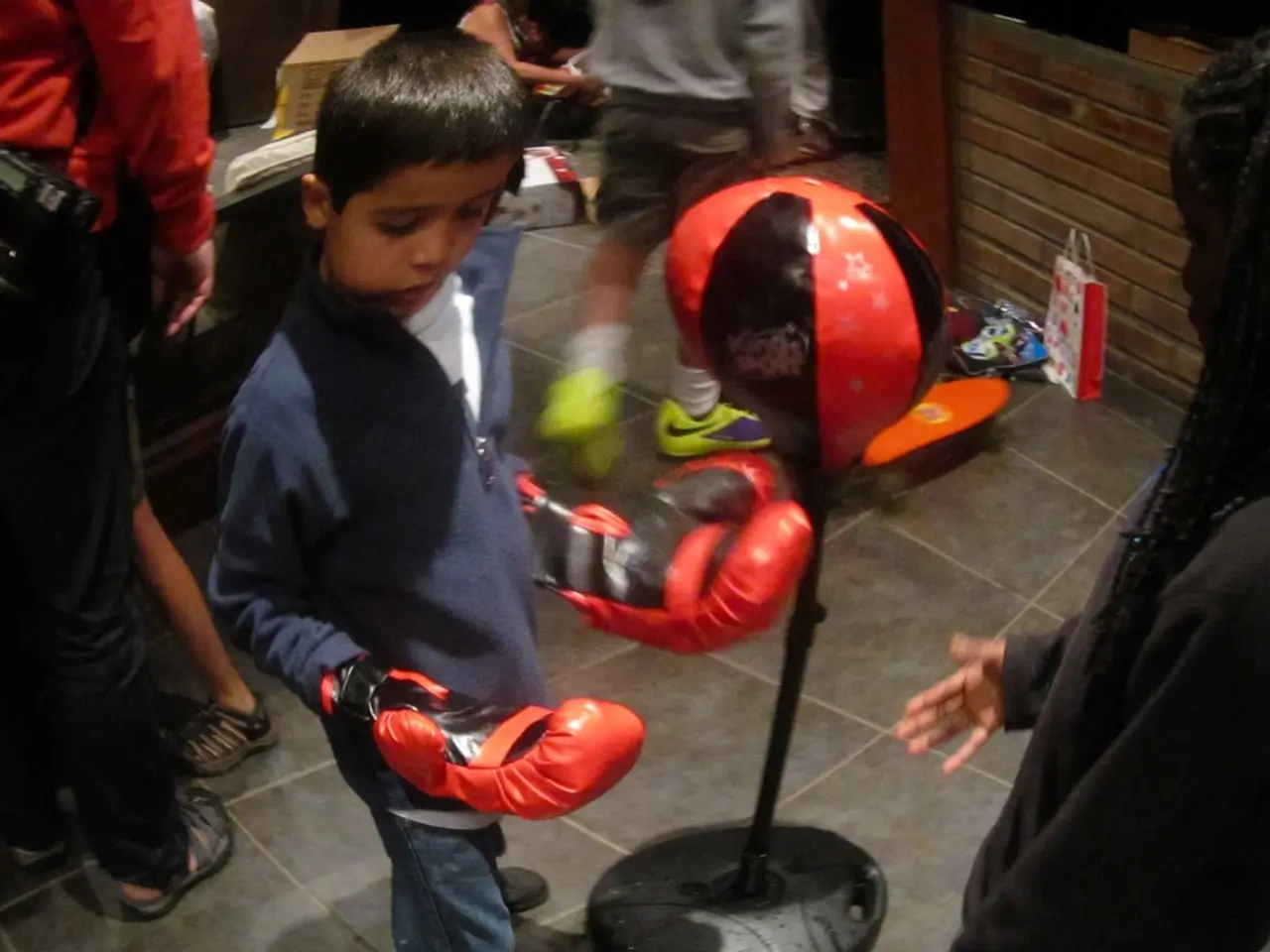Television Shows' Progression in Accurately Portraying Gay Dating Relationships
Channel-hoppers worldwide are buzzing about a fresh wave of reality TV – one that sheds light on the intricate tapestry of gay relationships. And leading the charge is Netflix's groundbreaking Japanese series, "The Boyfriend," setting hearts aflutter and breaking boundaries.
Like its more mainstream counterparts, the concept is simple. A diverse group of young men – artists, chefs, students, and more – make a home in a picturesque seaside house in Japan, formerly known as the "Green Room." These gentlemen share slightly more than the space; they share the pursuit of love amidst the picturesque coastal town of Tateyama.
What sets "The Boyfriend" apart from Lock Island's muscled-up beauties is the absence of conflict. Here, romances blossom over tender moments: a carefully crafted beachside picnic or a heartfelt letter tucked beneath a bedroom door. The show is a breath of fresh air in a genre often oversaturated with manufactured drama.
The show's success cannot be ignored. Since its release on July 9, "The Boyfriend" has received a deluge of positive reviews and heated discussions on social media from viewers worldwide. And the reason? It's far cry from the overblown, dramatic dating shows we're accustomed to.
"The Boyfriend" feels organic, personal, and stripped-back – a golden ticket to a simpler, more honest side of reality TV. In contrast, LGBTQ+ dating shows in the UK, like BBC Three's "I Kissed a Boy" and "I Kissed a Girl," follow closely in its footsteps, offering a wholesome and enjoyable viewing experience for audiences seeking an alternative to the usual drama-laden dating series.
So what makes "The Boyfriend" tick? BBC 5 Live's Must Watch podcast host, TV critic Scott Bryan, reveals that the show aligns with current TV trends. For one, the popularity of non-English language content has increased significantly since Netflix's Korean drama, Squid Game, took the world by storm in 2021. "With subtitles," says Bryan, "it requires more attention, making viewers more engrossed."
Another factor contributing to its success is the presence of Japanese actress Megumi, pop star Thelma Aoyama, and comedian Yoshimi Tokui, who offer hilarious commentary through every moment, misstep, and micro-drama, reinventing the traditional dating show format.
Despite the controversy that has surrounded some dating shows in the past, those exploring LGBTQ+ relationships are steadily climbing the ranks in terms of representation. However, examples like Sky One's "There's Something About Miriam" and Playing it Straight, which focused on deceiving LGBTQ+ individuals, highlight the struggles in creating authentic, respectful LGBTQ+ representation in the genre.
Luckily, "The Boyfriend," in addition to series like "I Kissed a Boy" and "I Kissed a Girl" in the UK, are far from these problematic examples. They prioritize depth, normalcy, and relatability over sex appeal and sensationalism – a breath of fresh air for the LGBTQ+ community.
Ultimately, "The Boyfriend" invites viewers to step into a world where the experiences, fears, and desires of the LGBTQ+ community are brought to the foreground – moving beyond stereotypes and cliches. It's a gentle reminder that there is no single way to be queer, and that each of us has unique thoughts, feelings, and stories to share. At the end of the day, we're not just here for a fleeting moment of entertainment but an opportunity for genuine connection and self-discovery.
The rise of "The Boyfriend" on Netflix has sparked conversations on social media about entertainment, furthering discussions around lifestyle, movies-and-tv, and social-media. With its authentic portrayal of LGBTQ+ relationships, the show serves as an alternative to the usual drama-laden dating series, offering a glimpse into a simpler, more honest reality TV experience.

